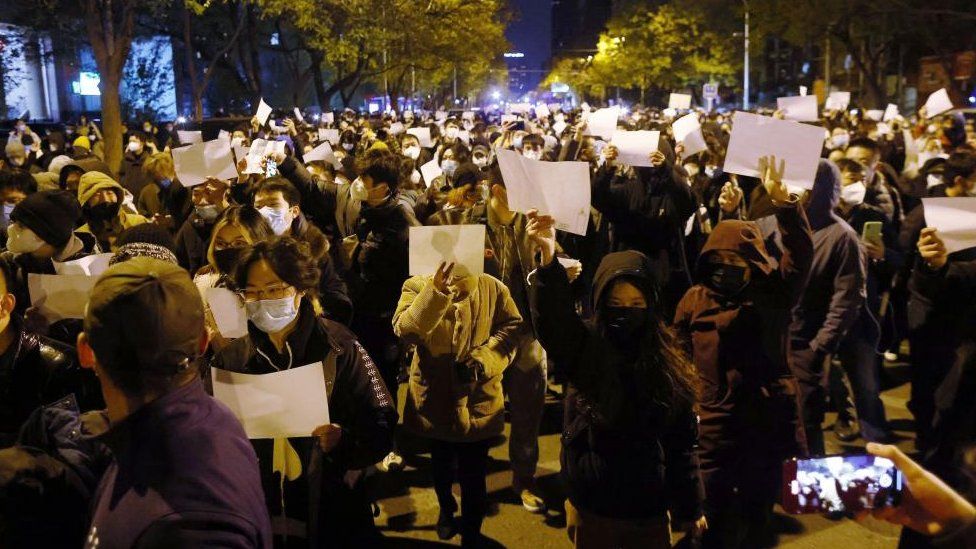Apple’s Production Shift to India and China’s Worker Conditions
After protests at Apple’s biggest factory led by the leading contract manufacturer, Foxconn, the company has been compelled to compensate workers in an attempt to quiet down the unrest. The violent protests with security in Zhengzhou, China where the main Foxconn campus is located was a culmination of the workers’ situation in these past few months. Workers voiced their disapproval of their working conditions including the sanitary measures taken to protect against COVID-19 after an outbreak in October that led to a hugely disruptive lockdown. Following the outbreak, many individuals left out of fear of becoming victims of the outbreak.
Not only were workers protesting the sanitary conditions of Foxconn’s campus, but new hires were also angered by the empty promises made by the company to increase their pay through bonuses – a stipulation that the company added to incentivize workers. Management did not stay true to their promise of increased compensation and workers took to protesting in response. Eventually, however, protests died down after they were offered money to quit and vacate the area for 10,000 yuan.

This unrest paired with lockdowns due to COVID-19 and China’s stringent restrictions have been met with discussion for production to move to other countries, namely India. Foxconn’s move away from China might be able to remedy the production issues Apple is facing at this point, however, for the time being, lockdowns have imposed a significant drop in the production and sales of the new iPhone 14 and iPhone 14 Pro.
With Christmas on the horizon and the lingering influx of customers from Black Friday and Cyber Monday, the supply of the new Apple product is and will continue to be unable to meet its demand. An analyst at TF International Securities, Ming-Chi Kuo, stated that “iPhones made by Foxconn in India will grow by at least 150% YoY in 2023, and the medium/long-term goal is to ship 40-45% of iPhones from India.” This rapid growth will bolster production and move away from Chinese manufacturing which has seen a major decline in the years/months following COVID-19.

Carlos Barria | Reuters, Source
The shift to Indian manufacturing will be costly in the short run but the long-run benefits might be worth it. We are already seeing the insufficient supply of the new iPhone taking a toll on Apple’s sales for this year, especially as the holiday season comes in full swing. More people are more interested in buying Apple products now than ever, and the tensions in China and a costly switch to India could either strengthen or weaken Apple as a whole.









